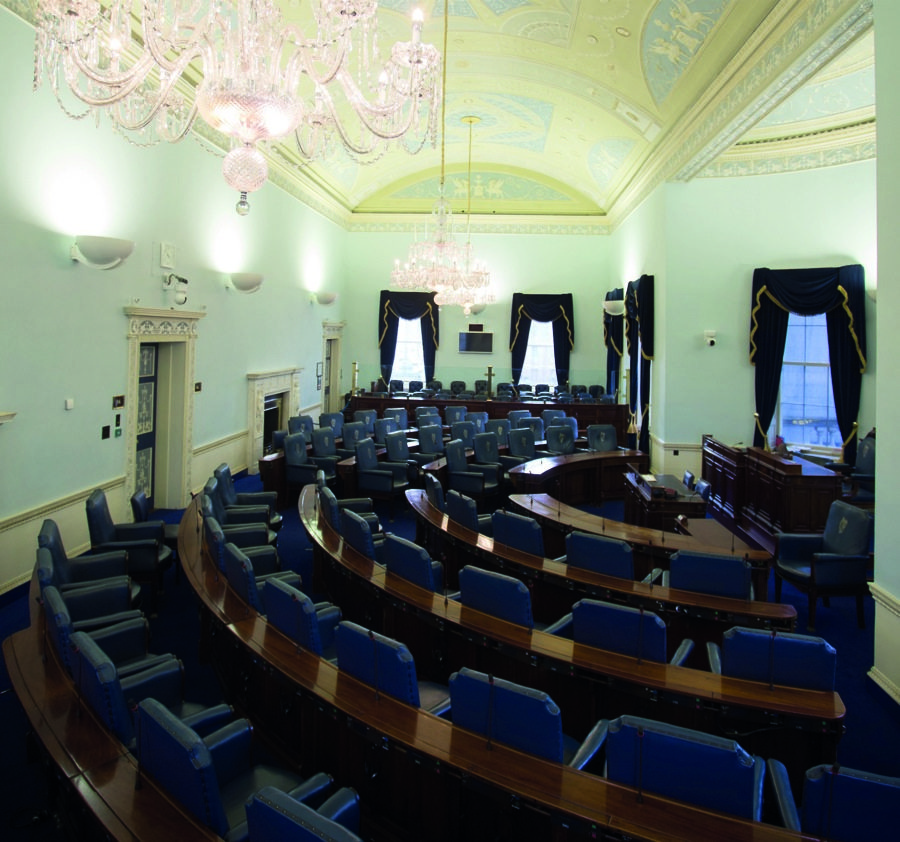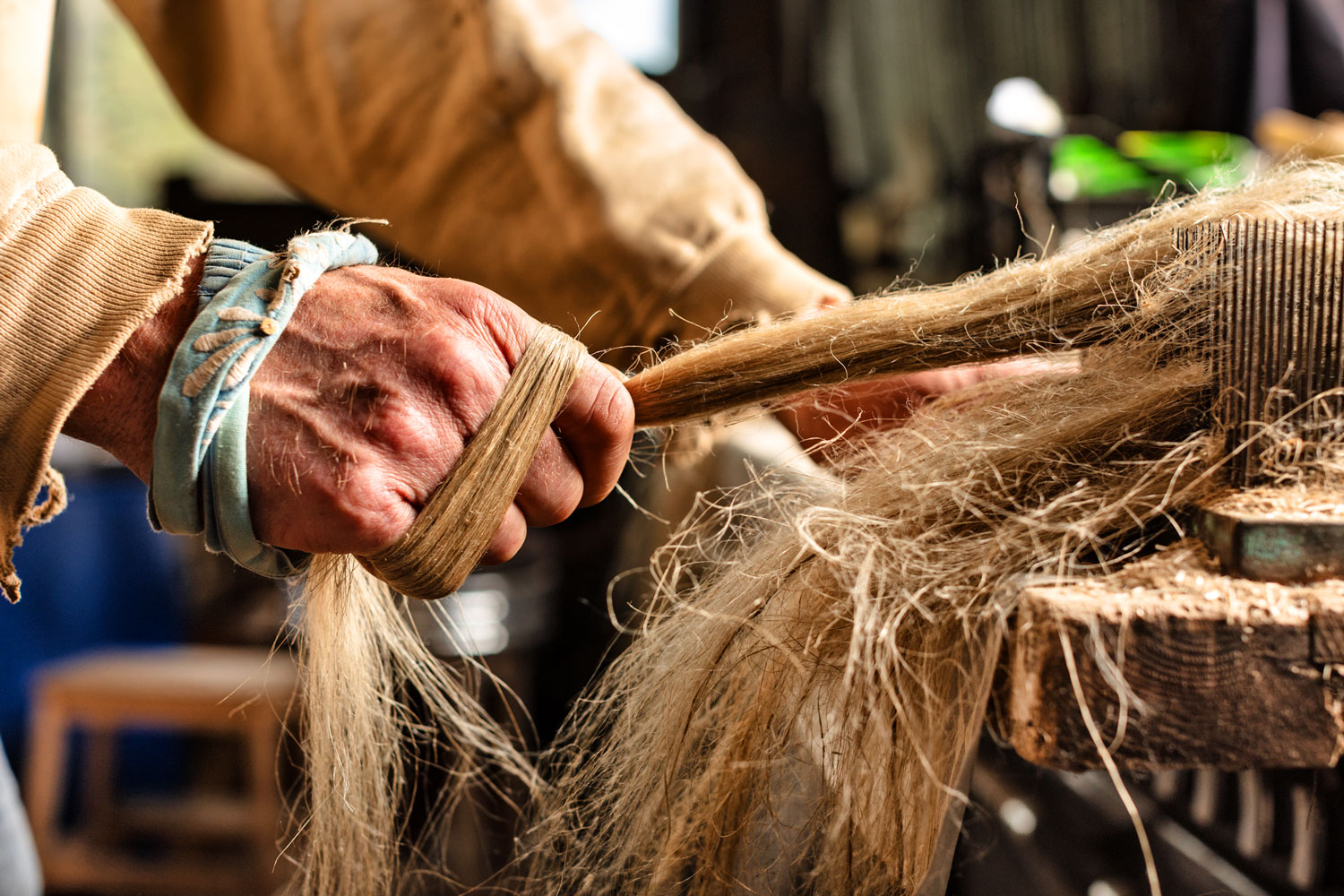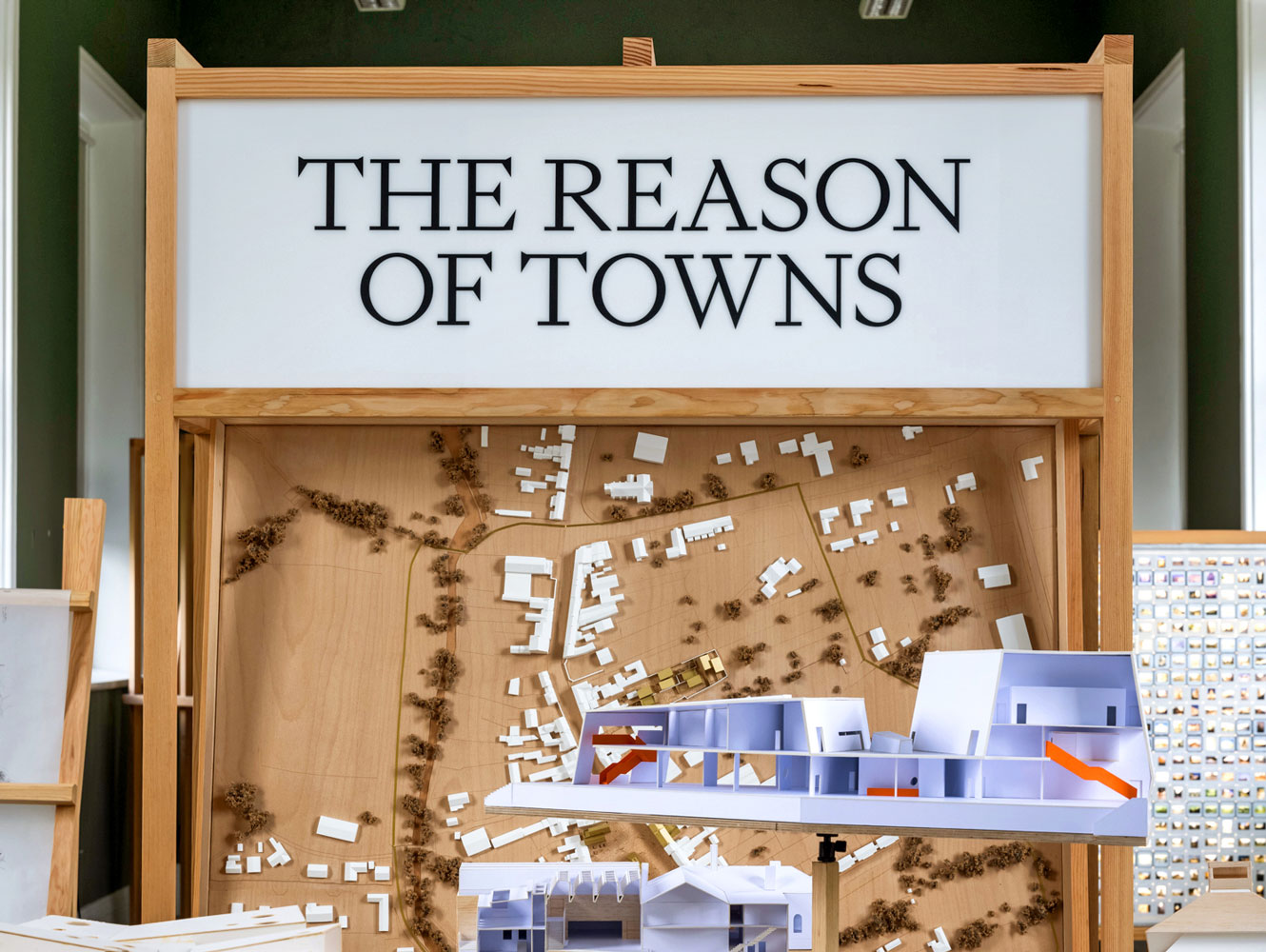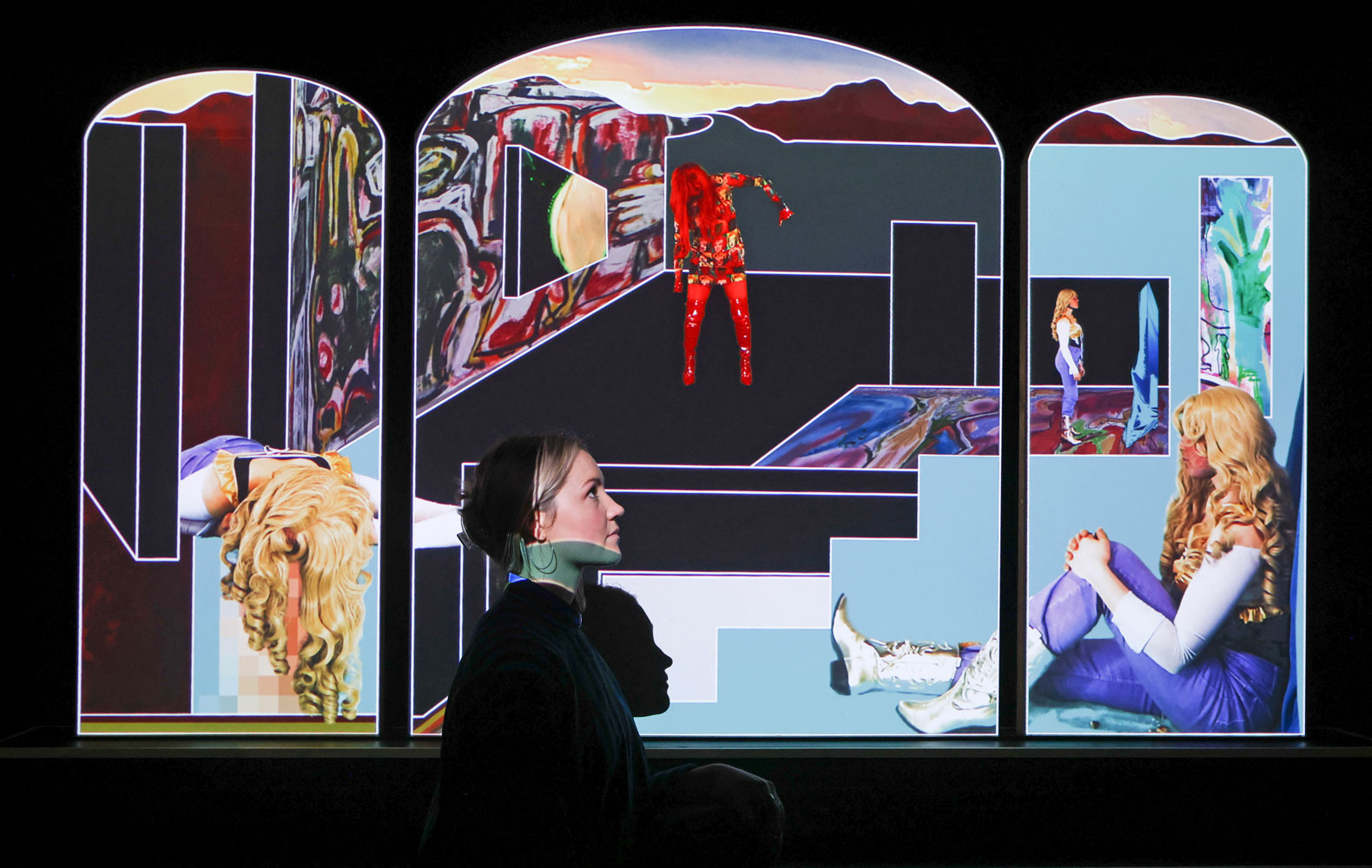
As we go to press, more than 2,400 people from all over Ireland and many from abroad have signed the Irish Arts Review Appeal to An Taoiseach to call an immediate halt to the proposed move of the Seanad into the National Museum building on Kildare Street. Concern has also been expressed by such important voices in our society as Pat Wallace, the former long-term director of the NMI, by An Taisce, by Senator John A Murphy, by Dr James Bonsall and the board of the Institute of Archaeologists of Ireland, by Professor Aidan O’Sullivan UCD and, among others, by the Editor of The Irish Times who castigated the proposal as ‘an atrocious decision verging on vandalism which must be reversed’. But why has there been not a word, one way or the other, from a single member of the board of the National Museum of Ireland? And why, with the exception of John A Murphy, has there been total silence from the Seanad members, especially the University members? Senator David Norris however has signed the Irish Arts Review appeal.
The arguments against the move are so obvious and have been so well aired by now that they do not bear repetition. But on the ground in Kildare Street one hears of a sub plot that might give rise to even greater concern. This is that the Dáil chamber too is in need of substantial repair and that the TDs will move into ‘temporary occupation’ of the Museum when the Senators move back to their own cloister.
The current NMI board of 16 members including the chairperson Catherine Heaney were all appointed by the Minister last June with Gearóid Ó Tuathaigh and Mary Crotty being reappointed for a second five-year term. The board also includes two persons nominated by the Royal Irish Academy, Mary O’Dowd and Kathleen James-Chakraborty, and one Ingrid Hook nominated by the RDS. Not one of the board members of this ‘statutory body with an autonomous board under the National Cultural Institutions Act 1997’ has publicly objected to the Seanad snatch never mind threatening to resign from the board itself. Is it to be presumed, therefore, that they all approve of this ‘atrocious decision verging on vandalism’.
One might hope that they are doing their best behind the scenes. Perhaps they are using their influence as board members right now to have the decision reversed? Perhaps. But preparatory work on site is going ahead and time is running out for the leaders in our cultural community, and especially the academics to stand up and be counted. Those who are not seen to actively oppose this high-handed assault on the integrity of this national cultural institution should not be surprised to find that their own reputations have been damaged in the process.
The silence from the members representing the RIA and the RDS is particularly regrettable. As independent representatives on the board they are both best qualified and uniquely positioned to counterbalance the overweening power of the State within our cultural institutions. We can only presume from their silence that the institutions they represent both support the government in this ‘atrocious decision’. Join the Irish Arts Review Appeal to An Taoiseach at www.irishartsreview.com.
John Mulcahy is the Editor of Irish Arts Review.

Photography’s power to influence our perception of the natural world and its fragility has been gaining impact with the rise in awareness of climate change.

Touring Ireland over the past six months, ‘The Reason of Towns’ celebrates the design qualities of Irish towns and aims to motivate people to choose them as a place to live.

The winner of the 2024 RDS Taylor Art Award, given to the most promising emerging visual artist of the year in Ireland and worth €10,000, is Sorcha Browning.